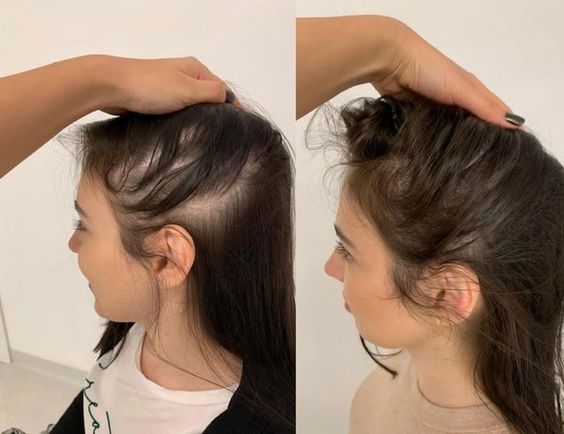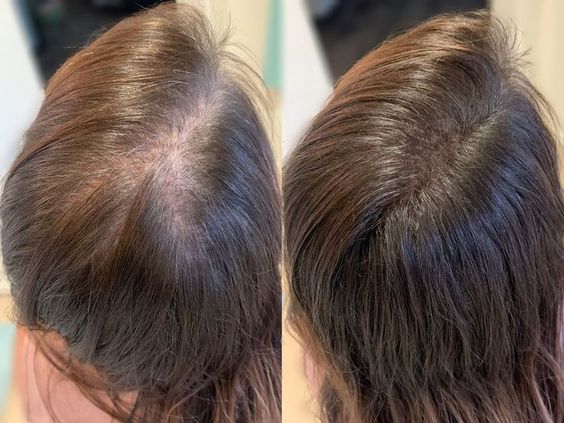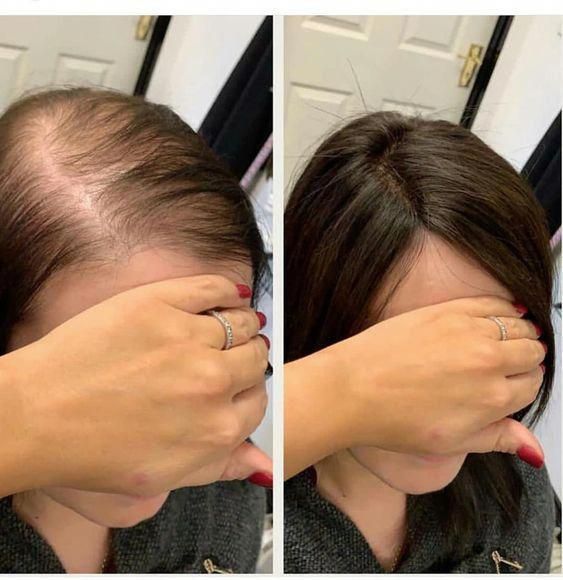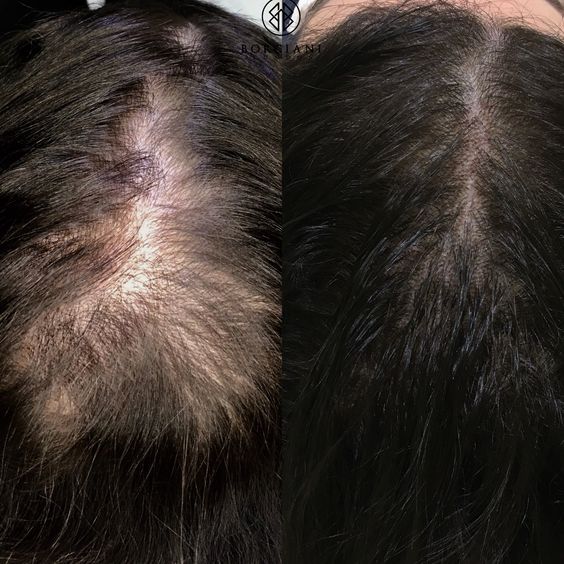Hair loss can be a frustrating experience for men and women alike. Fortunately, there are various hair growth therapies available to address thinning hair or baldness. Let’s delve into the world of hair growth solutions, exploring common treatments, their effectiveness, and factors to consider when choosing the right option for you.
Hair loss can occur due to various reasons, including:
Hereditary hair loss, also known as androgenetic alopecia, is a common cause.
Pregnancy, childbirth, menopause, and thyroid issues can all impact hair growth.
Certain medical conditions or medications can contribute to hair loss.
Severe or chronic stress can also lead to hair loss.
Several hair growth therapies can stimulate hair growth or slow down hair loss. The effectiveness varies depending on the cause and severity of hair loss. Here are some common options:
This topical medication, available over-the-counter, can help slow down hair loss and promote new hair growth. Consistent use is crucial for results.
This prescription medication is for men only. It blocks the conversion of testosterone to DHT, a hormone that contributes to male pattern baldness.
This treatment uses low-energy lasers to stimulate scalp circulation and potentially promote hair growth. More research is needed to confirm its long-term efficacy.
In this procedure, a patient’s own blood platelets are injected into the scalp to stimulate hair growth. While promising, more studies are needed for conclusive evidence.
This surgical procedure involves transplanting hair follicles from a donor area on the scalp to a bald or thinning area. It’s a permanent solution but requires a consultation with a qualified surgeon.
While not scientifically proven for significant hair growth, some natural approaches might offer mild benefits:
Improving blood circulation to the scalp with regular massages might promote hair health.
Rosemary oil, for example, shows some promise in stimulating hair growth, but more research is needed.
Consult a doctor before using any new product on your scalp, especially if you have any underlying scalp conditions.
When considering hair growth therapy, here’s what to keep in mind:
Treatments work better for specific types of hair loss. Consulting a dermatologist for diagnosis is crucial.
Early intervention with medications like Minoxidil might be beneficial for mild hair loss. Advanced cases might require surgery.
Hair growth therapies often take time to show results, and complete hair restoration is not always achievable.
Treatments vary in cost and can have potential side effects. Consult a doctor to understand the complete picture.
A dermatologist can diagnose the underlying cause of your hair loss and recommend the most suitable therapy based on your individual needs. They can also manage your expectations and discuss potential side effects of various treatments.



